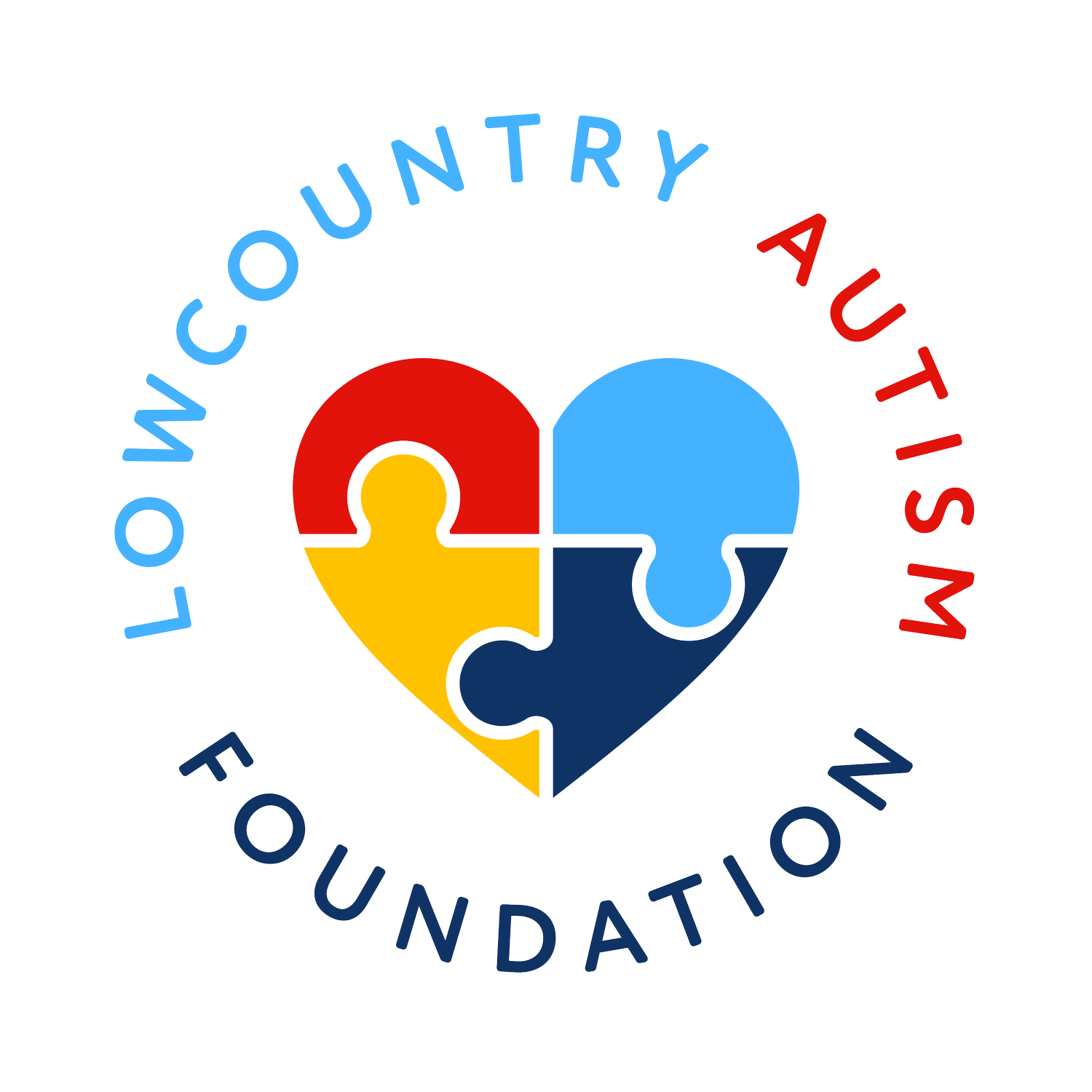Education Support
Infants and toddlers with disabilities (birth-2) and their families are approved to receive early intervention services under IDEA Part C. Children and youth (ages 3-21) are approved to receive special education and related services under IDEA Part B. For more on IDEA.
If possible, establishing a positive and balanced relationship with your child’s school, the school district and parent committees may provide the best results in the long run!
Who can help you with educational supports?
● ARC of SC: https://www.arcsc.org/
● Family Connections: https://www.familyconnectionsc.org/
Who can help you with parent advocacy?
● ARC of SC: https://www.arcsc.org/
● Family Resource Center: https://frcdsn.org/author/bev/
● Autism Society: https://scautism.org/
● Protection and Advocacy (for legal assistance): https://www.pandasc.org/
Individual Education Program (IEP) and 504 Plan: An Individualized Educational Program (IEP) describes the special education and related services specifically designed to meet the unique educational needs of a student with ASD and other disabilities. An IEP is the guiding document for a student's educational program. It includes all of the goals, objectives, and present levels of performance and related services that are recommended for the student. If a child is formally identified as having ASD (or other disabilities) when they enter school, the school must schedule a meeting to create an IEP for that child. As a federal requirement, the IEP team must consist of: parent, special education teacher, general education teacher, any school based service providers who serve the child (Speech, OT, PT, etc.), LEA (this person is usually the principal, assistant principal, of a district representative), and the child (if appropriate). Once an IEP is created and finalized, the IEP team is required to meet annually to discuss the child’s progress, goals, etc. The parent has the right to request a ‘special review’ IEP meeting at any time throughout the school year. The parent also has the right to invite third party representation to an IEP meeting if needed (ex: advocate).
A student with a disability may be eligible for a Section 504 Accommodation Plan if he or she requires accommodations in order to have equal access to school district classes and programs. If a child is identified by the school as experiencing learning difficulties, a 504 plan will be the first level of intervention for the child and their family.
Click here for more on IEP & 504 Plan
Functional Behavior Assessment in the School Setting: FBA is the process of gathering and analyzing information about a student's behavior and accompanying circumstances in order to determine the purpose or intent of the actions. This investigation is designed to help educators:
• Determine the appropriateness of the student’s present educational placement and services and whether changes would help the student to increase more socially appropriate behaviors.
• Identify positive interventions that would reduce the undesirable behavior.
• Identify appropriate replacement behaviors


